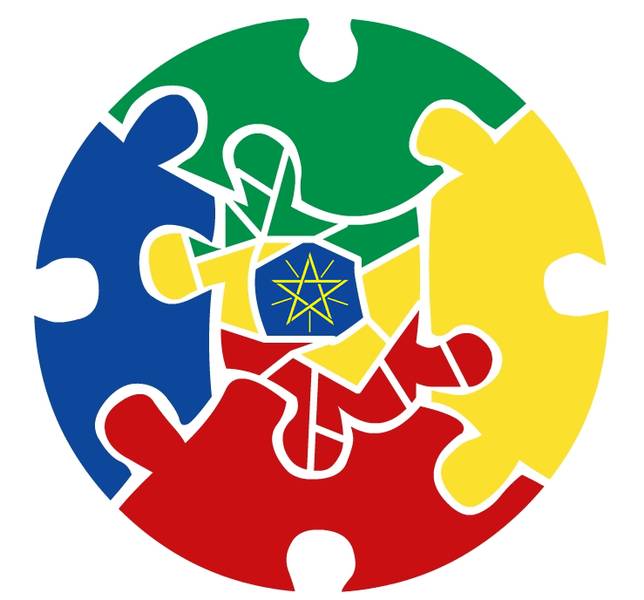(David J. Olson, Andrew Piller)
When global family planning practitioners gathered in November for the Third International Conference on Family Planning, there was a timely relevance for meeting in Ethiopia. Over the last two decades, Ethiopia has become a family planning success story, one of only a handful of countries in Africa to achieve that status.
Positioning of population and family planning at the center of development is critical.
In 2000, Ethiopia’s contraceptive prevalence rate for modern methods was only 6.3 percent, which, at that time, was lower than any other country in Eastern and Southern Africa except Eritrea. By 2011, the rate had increased to 27.3 percent. Over the same period, the total fertility rate (the average number of children born to a woman in her lifetime) had decreased from 5.5 to 4.8.
Our article, “Ethiopia: An Emerging Family Planning Success Story,” is available in the December 2013 issue of Studies in Family Planning, published by the Population Council. This new report chronicles the history of that success, identifies four key factors that produced those successes, and details how these factors interacted to expand access and desire to use contraceptives.
The presence of a large and active social marketing program can contribute substantially to higher contraceptive prevalence.
In our article, we build the case for four determinants of success:
Political Will: In setting its development policies, the Government of Ethiopia paid increasing attention to demographic factors, recognizing population growth as one of the main obstacles to reducing poverty. The government set ambitious goals for family planning and started using its own resources to procure contraceptives.
Generous Donor Support: From 2000 to 2010, Ethiopia was the largest recipient of international family planning assistance in sub-Saharan Africa. International donors have provided continuous support for purchasing products, strengthening government capacity, and improving policy, research, and training.
Nongovernmental Organizations and Public-Private Partnerships: A number of national and international NGOs have supported the government’s efforts and employed strategies such as social marketing, behavior change communications.
*********





